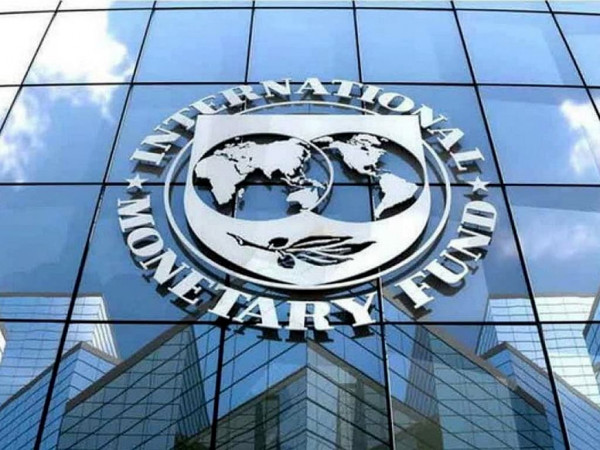Kenya’s trade integration least in Africa’s top seven, says IMF

Kenya has been ranked last among the top seven African countries with the highest level of trade integration in the continent, according to an International Monetary Fund (IMF) study.
This explains the pressure that the current administration is undergoing to seal various trade deals and improve the quality of exports to remain competitive in the external market.
An IMF research paper to be released today capturing Africa’s trade integration indicates, Kenya’s trade centrality index is placed at about 0.0018 together with oil-producing Angola. The trade centrality index takes into consideration the size of exports for any given country, the number of its trade partners, and the relative weight of these partners in global trade.
The higher the index, the more integrated the country in global trade networks. At 0.0018 index, Kenya lags behind its economic peers like third-paced Nigeria which has an index of 0.0035. Morocco and Algeria are fourth and fifth in the rankings, with a 0.0022 and 0.0021 index, respectively.
Top on the list is South Africa with a big trade integration index of 0.007 followed at a distance by Egypt whose index stands at 0.0036, marginally above Nigeria.
“The overall patterns indicate that Africa’s exports to the rest of the world are dominated by commodities while being more diversified and more processed within the region. This is consistent with the limited role of global and regional value chains in the continent’s trade,” reads part of the IMF paper. IMF says that full implementation of the African Continental Free Trade Area (AfCFTA) could increase trade flow within the continent by 15 per cent and median real per capita gross domestic product (GDP) by 1.25 per cent.
If the reductions in tariff and non-tariff barriers under the AfCFTA deal are combined with substantial improvements in the trade environment, the payoff to countries would be significantly higher.
Continental market
Kenya is among the African countries that launched the AfCFTA back in 2019, but the implementation of the single continental market was delayed until last year when exports started trickling under this agreement. Just a handful of African Nations, comprising Kenya, Egypt, Rwanda, and Ghana, have companies with registered AfCFTA-certified products.
The struggle to improve trade between Kenya and other African countries remains the central concern of the current President William Ruto’s administration with current trade volumes tilting against Kenya. Kenya has largely taken a beating due to its dwindling economic dominance in East Africa, administrative barriers to engaging in inter-economic bloc trades, and poor quality of exports. Kenya is, for instance, facing stiff competition from Ethiopia on tea, coffee and leather export.
Trade Cabinet Secretary Moses Kuria said the quality of exports in terms of marketing is an area which has been frustrating export promotion in terms of quality assurance. “Every place that I’m negotiating a trade agreement, this issue of trade agreements keeps coming up,” he said on Tuesday after a $3 billion (Sh405 billion) loan deal with Afrexim Bank to partly meet trade financing activities.
President Ruto is hoping to seal various trade deals with leading economies like South Africa to bridge Kenya’s trade imbalances. Kenya was allowed to start exporting meat products to South Africa last December after Ruto lifted the 10-year ban on the products.
The country is also eyeing other markets outside East African Community with the implementation of a tripartite agreement that also involves the Common Market for Eastern and Southern Africa and the South African Development Community.












